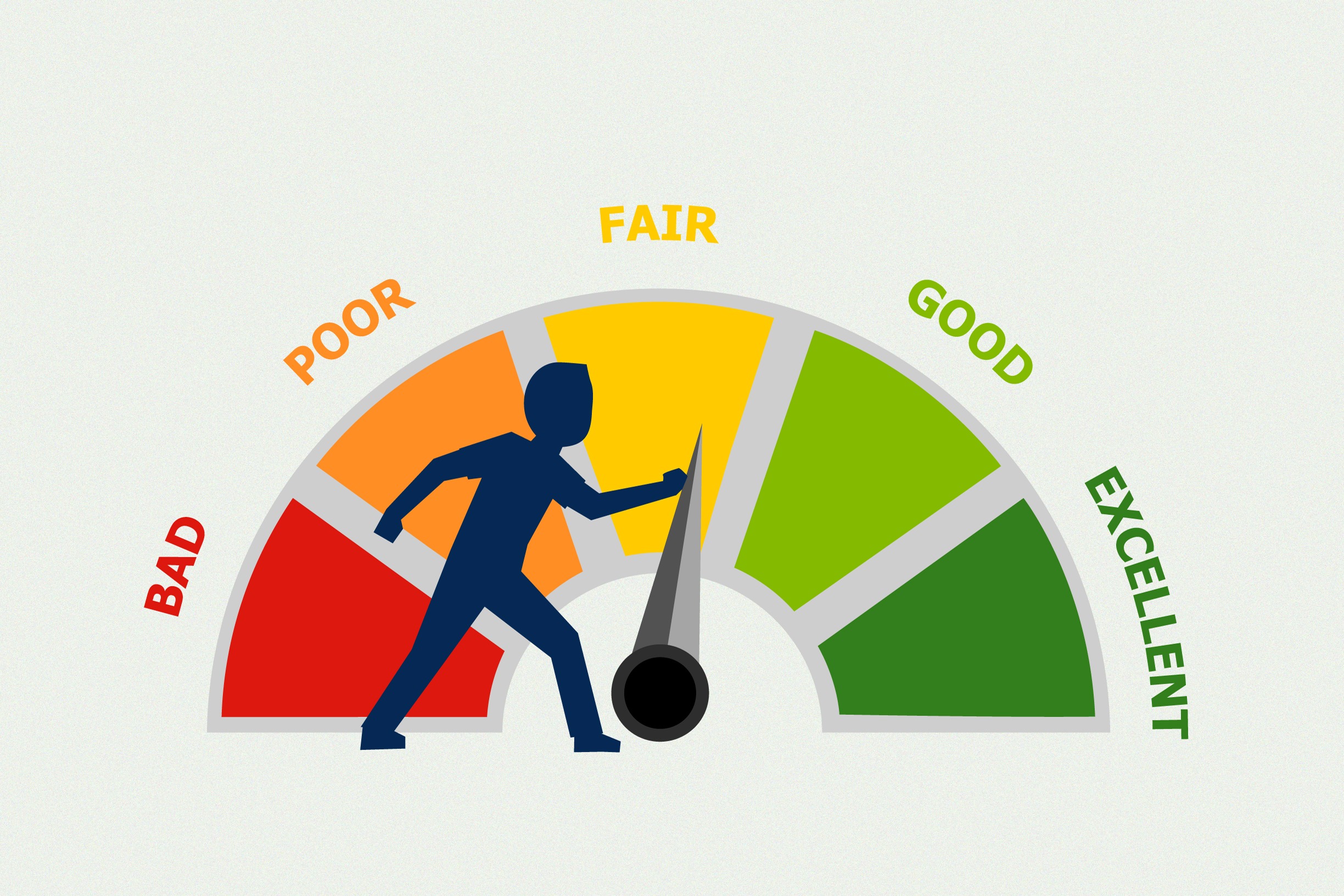Key points
- Your payment history plays an important role in determining your credit score.
- Try to keep your balances below 30% of your total available credit
- Keeping old credit card accounts open can improve your credit health
- Check your credit report at least once a year
You probably know that a higher credit score can make it easier for you to get a loan or receive loans at more favorable rates. But how can you improve your credit score? Here are 5 tips on how to increase your credit.
1. Pay your bills on time
Because it is important
Your payment history makes up the largest part, 35 percent, of your credit score. Even small oversights can lower your score greatly. Late or skipped payments stay on your credit report and can affect your credit score for up to 7 years.
How to increase your score
Always make at least the minimum payment on or before the due date. You can set payment reminders and automatic payments on your accounts so you never accidentally miss a due date. Just make sure you keep enough money in your accounts to pay your bills. Check your credit reports at least once a year and verify that the information is correct.
2.Keep your balances low
Because it is important
The second most important factor in determining your credit score is how much of your available credit you use. This is known as your credit usage rate. If your rate is high, meaning you’re close to your maximum credit limit, lenders are more likely to think you’re going to default on the debt.
How to increase your score
Having credit cards and using them isn’t bad, but it’s important to keep your debt under control. It’s best to pay your credit card bill in full each month. If you can’t do it, pay as much as you can. Try to keep your credit utilization rate below 30 percent. This means that if you have a credit card with a limit of $10,000, your balance must be below $3,000. Make sure you understand how credit limits work.
3. Don’t close old accounts
Because it is important
Your score takes into account the length of your credit history, as well as how long you’ve had your various accounts. In general, a longer credit history means a higher score. If you close old credit card accounts, you’re lowering the average age of your accounts. The last time you used your cards is also taken into account. Even if you intend to keep an old account, your credit card issuer might close the account if it hasn’t been used in a long time.
Keep older credit cards active, even if you don’t need them. Consider making small, recurring purchases with these cards, such as subscriptions to streaming services. Then set up payment reminders or automatic payments to make sure you pay your balance on time. Also, think twice before opening new accounts, as they lower the average age of your account.
4. Have a variety of loans
Because it is important
Lenders like to see that you can handle multiple loans at once. In general, it’s good to have a variety of credit cards and other types of loans, such as a mortgage, car loan, and student loans that you pay on time.
How to increase your score
This is a relatively small part of your credit score, so it’s probably not effective to open new accounts just to try to boost your score, but look at the types of loans you have and consider upgrading the variety the next time you need to borrow money.
5. Think before applying for a new credit
Because it is important
Getting a new credit card can both benefit and harm your credit score, so it’s important to have a strategy. According to FICO, the leading provider of credit scores, studies show that people who open multiple credit accounts in a short period of time pose a higher credit risk than those who don’t. When you apply for a new credit card, your credit score may drop at first as your lender looks at your credit report (known as an impact credit inquiry) and the average age of your account is lower.
How to increase your score
Open new accounts sparingly and avoid doing so altogether if you’re applying for a mortgage or other large loan. If you get a new credit card, try not to use it as much. That way, you use less of your available credit, which could improve your credit health. Also, if you have little credit history, a new credit card could help improve your score, as long as you pay it off on time and don’t take on too much debt.
Read more

